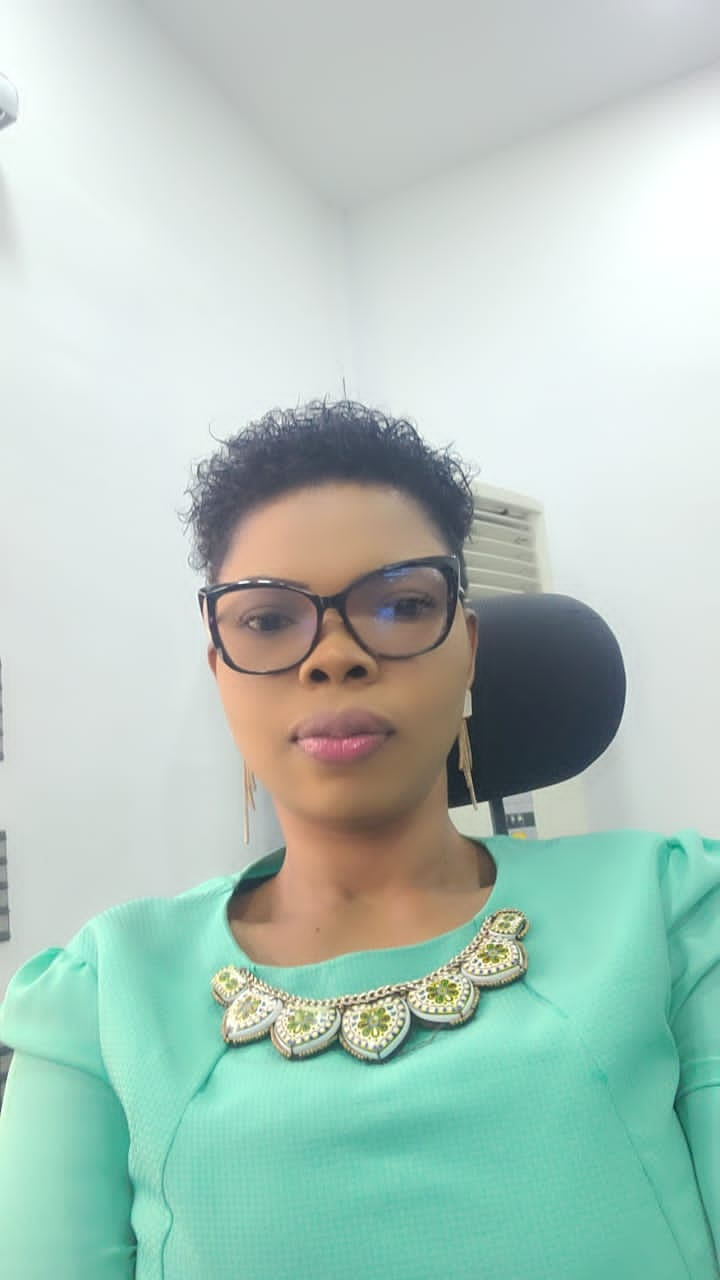Today, December 3rd, people around the world come together to celebrate the International Day of Persons with Disabilities (IDPD). This important day, established by the United Nations, reminds us to promote the rights and well-being of persons with disabilities (PWDs). It encourages us all to create a society that is fair and inclusive for everyone, regardless of their abilities. This year’s theme, “Amplifying the Leadership of Persons with Disabilities for an Inclusive and Sustainable Future,” highlights the need to give PWDs the chance to lead and make decisions that shape our shared future.
Persons with disabilities make up 15% of the global population, over one billion people. They are a diverse group with unique talents and strengths. However, many PWDs face serious challenges like discrimination, stigma, and a lack of opportunities, which prevent them from fully participating in society. Leadership roles, particularly in critical sectors like healthcare, are often out of reach because of these barriers.
Disabilities can affect anyone, anywhere, regardless of culture, region, religion or social status. Yet, people with disabilities share a common struggle against obstacles that limit their independence and prevent them from living fulfilling lives. This day offers an opportunity to reflect on their courage and achievements while addressing the challenges that remain.
There has been significant progress in supporting PWDs. The adoption of the United Nations Convention on the Rights of Persons with Disabilities (CRPD) was a major milestone. It affirmed the rights of PWDs to live independently, access education, and fully participate in their communities. Advances in technology have also made life easier for PWDs. Tools like screen readers, speech-to-text software, and accessible web designs help them communicate and work more effectively.
Still, many challenges persist. People with disabilities often struggle to find jobs, access quality education, or receive proper healthcare. Women and children with disabilities face even greater difficulties because of additional discrimination. These issues require governments, businesses, and communities to work together to create meaningful change.
Despite these achievements, challenges remain. Many public spaces are still inaccessible due to a lack of ramps or elevators. Assistive devices, such as wheelchairs, white sticks, and hearing aids, are not readily available. Healthcare and rehabilitation services are limited, and PWDs often struggle to find employment. Discrimination and stigma are still prevalent.
In Abia State, progress is being made to improve the lives of persons with disabilities. The government of Dr. Alex C. Otti has shown strong commitment in this area. The establishment of the Abia State Disability Commission in 2024 is a major step forward. This Commission, supported by the Abia State Commission for Disabled Persons Law of 2022, gives PWDs a platform to express their needs and protect their rights. Additionally, appointing a Special Adviser on Disability Affairs and including six PWDs in government roles demonstrates a genuine effort to include PWDs in leadership and decision-making.
The administration of Dr. Alex Otti has also focused on education and empowerment of the PWDs. School buses have been donated to Special Education Centres for the Blind and Deaf, and facilities at the School for the Blind have been upgraded. Leadership training and support for organizations of PWDs have also been prioritized, strengthening their ability to advocate for their communities.
Economic empowerment has been another focus. SME grants and palliatives have been distributed to over 1,000 PWDs. The government has also invested in sports, providing over 24 sporting equipment to make sporting attractive, rewarding Para-athletes who represented Nigeria at the Paris 2024 Paralympics and offering them automatic employment. These efforts prove that disability does not limit success.
Additionally, the government must continue to fund the Disability Commission to ensure its effectiveness in advancing the rights of PWDs. Public awareness campaigns should further challenge stereotypes and promote respect for people with disabilities. Providing assistive devices and offering training for teachers, healthcare workers, and other key stakeholders will help PWDs live more independently and fully participate in society.
Philosopher Jean Vanier once said, “The real disability is the inability to love and accept people as they are.” This profound truth reminds us that creating an inclusive society requires empathy and understanding. The International Day of Persons with Disabilities is not just a celebration; it is a call to action. To work together to break down the barriers faced by PWDs and create a world where everyone has a fair chance to succeed.
Written by Onyinyechi Obi

























